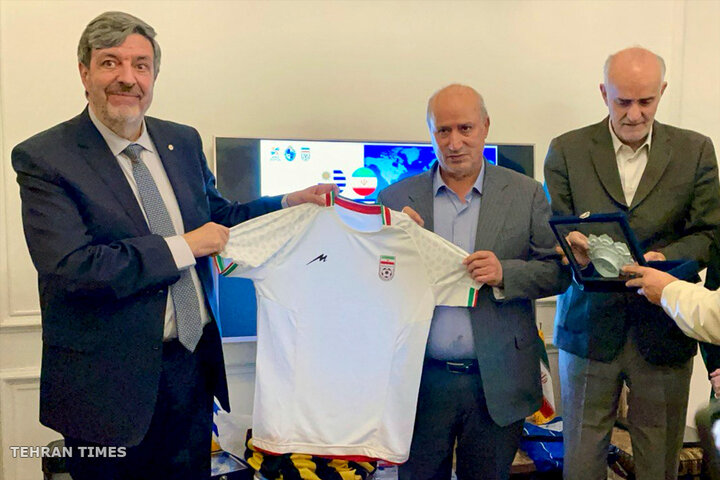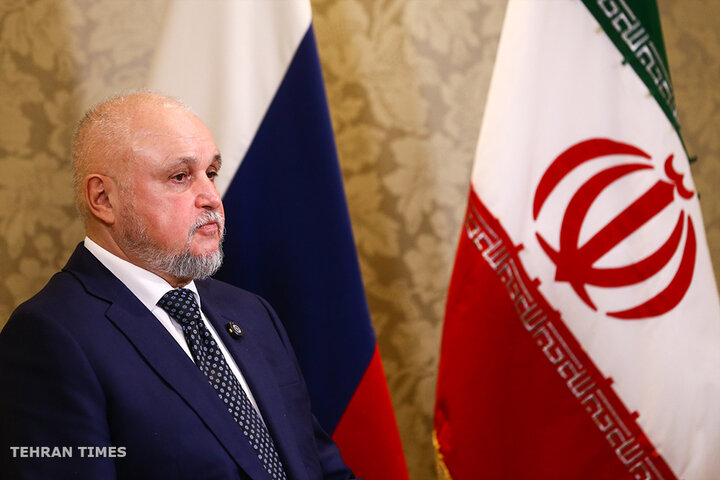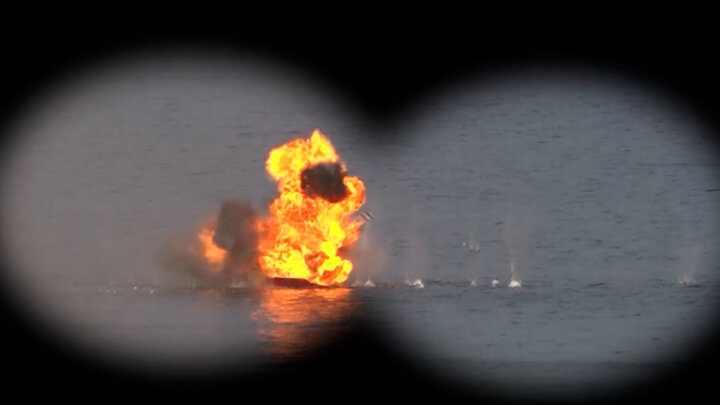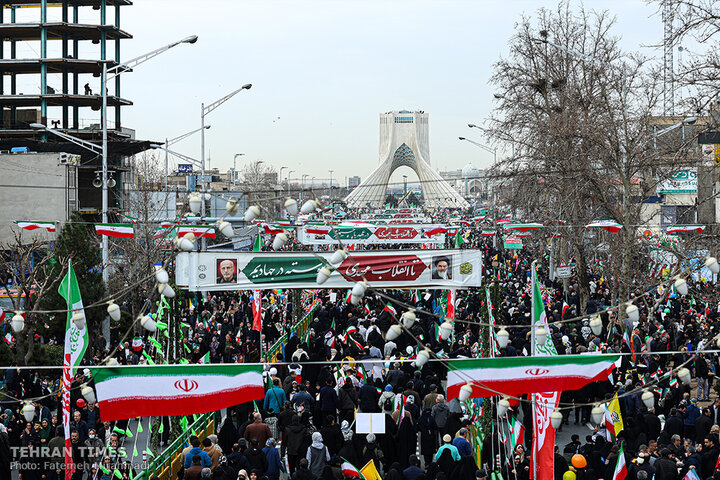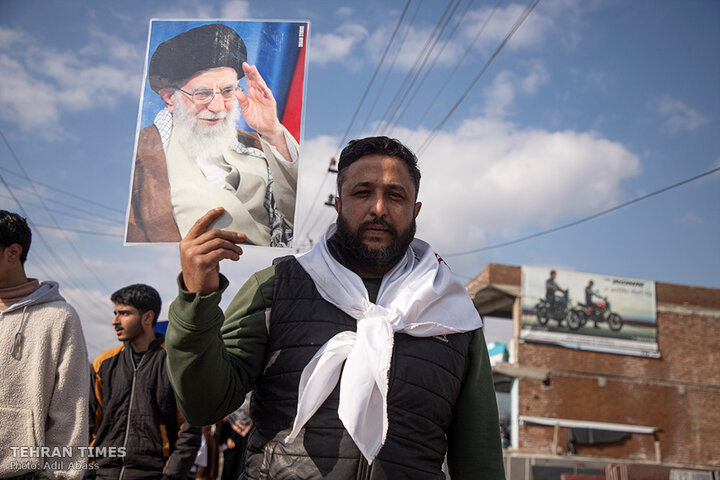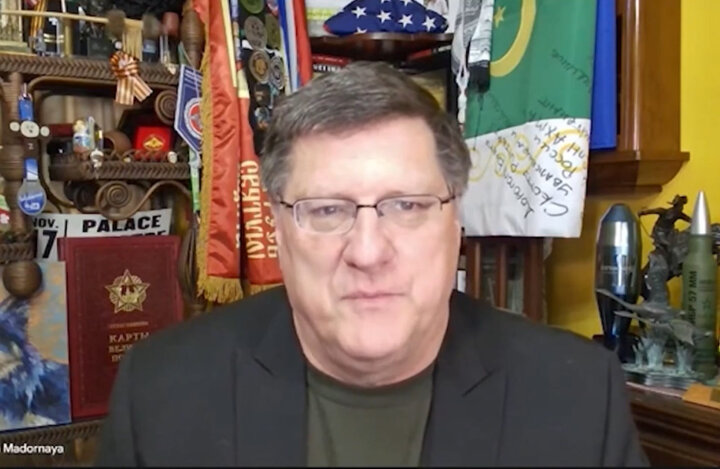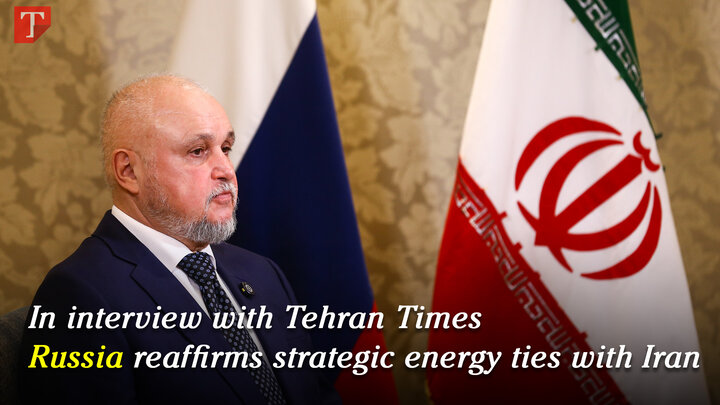-
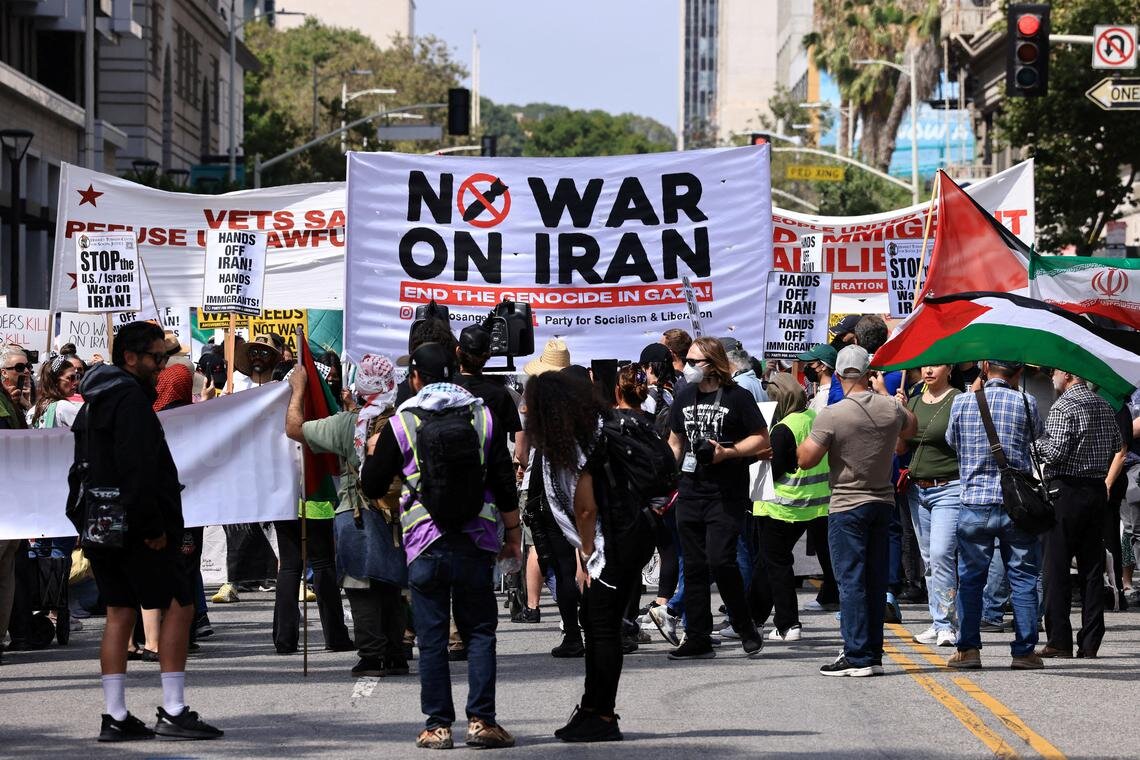 2026-02-21 22:11
2026-02-21 22:11
By Faramarz Kouhpayeh
Trump risking US lives and economy to fight a war for Israel
The president’s push for a war against Iran serves Israeli interests, not American voters, and not even himself
TEHRAN - When Donald Trump was vying for a second term in the White House in 2024, he rolled out a series of promises to American voters. He said he would "end inflation," "make America affordable again," and create millions of jobs. He also pledged to "stop all wars" and become a "president of peace."
-

Behind Huckabee’s remarks: The U.S. role in advancing the ‘Greater Israel’ vision
TEHRAN – When US Ambassador to Israel Mike Huckabee told conservative commentator Tucker Carlson that it would be “fine” if Israel took all the Middle East land—from the Nile in Egypt to the Euphrates in Iraq—he revealed more than personal opinion.
-

By Sondoss Al Asaad
Blood in the Bekaa and Ain al-Hilweh: Who protects Lebanon’s sovereignty?
SOUTH LEBANON — The Israeli enemy has escalated its aggression against Lebanon, committing a massacre in the Bekaa Valley and launching a deadly strike on the Ain al-Hilweh refugee camp near Sidon.
-
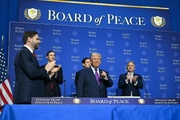
By Wesam Bahrani
Trump’s “Board of Peace” sparks UN fears
TEHRAN – Concerns are mounting that U.S. President Donald Trump’s new initiative for Gaza could sideline the United Nations and reshape global governance.
-
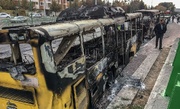
Iran FM asks for evidence as West repeats casualty lies to justify future aggression
TEHRAN – Iran’s Foreign Minister Abbas Araghchi has asked Western officials and Western media to stop lying about the number of deaths during the recent unrest in the country—unrest that began with legitimate economic protests in late December but was infiltrated in January by armed Mossad and CIA agents who laid waste to Iranian cities and killed security forces and civilians alike.
-
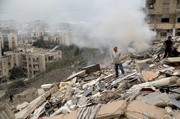
Tehran condemns yet another Israeli aggression against Lebanon
TEHRAN - Iranian Foreign Ministry spokesman has categorically condemned recent Israeli attacks on Lebanon, namely the strikes on the Bekaa region and the Palestinian refugee camp of Ain al-Hilweh in Sidon, which left more than 40 Lebanese and Palestinians dead or wounded.
Politics
-
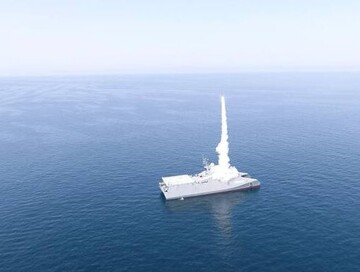
Iran’s warships become mobile air defense hubs with new missiles
TEHRAN - Newly released photos from last week’s IRGC Navy drill in the Strait of Hormuz show a new leap in Iran’s maritime power. During the “Smart Control” exercise, forces fired a Sayyad 3-G missile from the Shahid Sayyad Shirazi warship, a launch that showed Iranian vessels have officially moved past point defense and are now armed with long-range, vertical-launch capabilities.
-
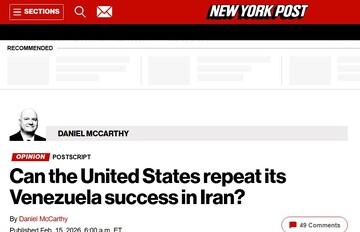
The Western idea that change can be imposed from outside the Islamic Republic of Iran is an illusion
The New York Post recently claimed that the United States could dismantle Iran’s power structure using a Venezuela-style model and even suggested a figure in exile as a transitional option. The Post’s piece does not read like political analysis; it reads like a performance staged in a Washington think tank, detached from political and historical realities.
-
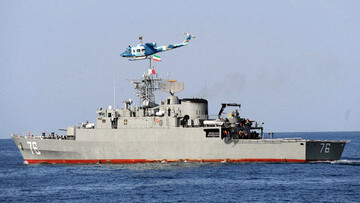
Iran sends Dena destroyer to MILAN-2026 exercise in the Indian Ocean
TEHRAN – In line with marine diplomacy, expanding defense interactions, and demonstrating operational capabilities in open seas, the Iranian Navy has sent its Dena destroyer to the Indian Ocean to participate in the “MILAN 2026” naval exercises hosted by India.
Sports
-

Iran’s Saveh Shemshaki satisfied with her performance at 2026 Winter Olympics
TEHRAN – Sadaf Saveh Shemshaki of Iran is pleased with her performance at the 2026 Winter Olympic Games.
-
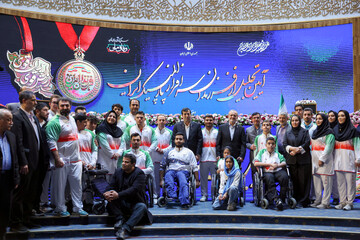
Iranian Paralympic athletes honored
TEHRAN - Masoud Pezeshkian, President of Iran, honored 489 Paralympic and Deaflympic athletes during a ceremony held on Saturday in Tehran’s Summit Hall.
-

Iran basketball team beat Qatar in friendly match
TEHRAN- Iran’s national basketball team defeated Qatar 71-58 in a friendly match during a training camp in Qatar.
Culture
-
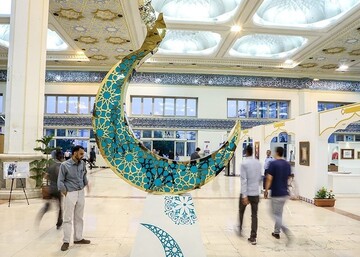
33rd International Holy Quran Exhibition opens in Tehran
TEHRAN- The 33rd edition of the International Holy Quran Exhibition was inaugurated on Saturday, marking the commencement of a 15-day cultural event under the motto “Iran under the Protection of the Quran.”
-

Arasbaran Cultural Center reviews “Marty Supreme”
TEHRAN- “Marty Supreme”, a 2025 movie by American filmmaker Josh Safdie, went on screen at the Arasbaran Cultural Center in Tehran on Sunday.
-
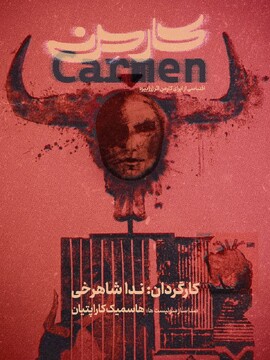
Art Palace hosting Georges Bizet’s opera “Carmen”
TEHRAN – Art Palace in Tehran is hosting an adaptation of “Carmen,” an opera in four acts by the French composer Georges Bizet.
Economy
-
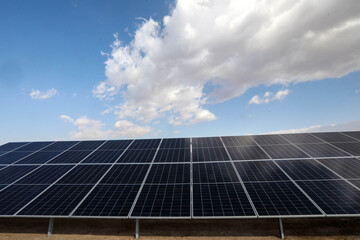
Solar capacity expands fivefold as renewables reach 4,162 MW
TEHRAN – Iran’s renewable power capacity has risen sharply, with solar installations expanding more than fivefold and total renewable capacity reaching 4,162 megawatts, a senior energy official said.
-
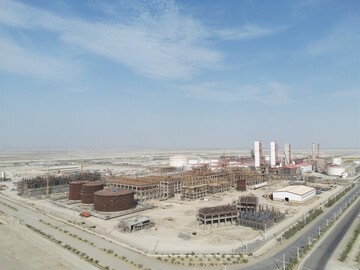
NDF allocates $1b to strategic Makran projects
TEHRAN – Iran’s National Development Fund (NDF) has allocated around $1.0 billion to strategic projects in the Makran region, as part of broader financing of infrastructure and production schemes in the southeastern province of Sistan-Baluchestan, a senior official said.
-

Tea exports rise 10.2% as global prices strengthen
TEHRAN – Iran’s tea exports increased 10.2 percent year-on-year, supported by higher global prices and steady demand in overseas markets, the head of the country’s tea syndicate said.
Society
-
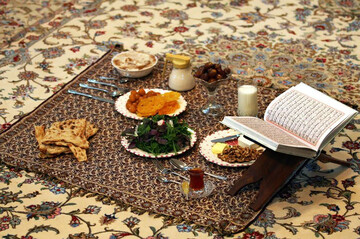
Ramadan unites Muslims worldwide with unique traditions
TEHRAN – Ramadan is a month that unites Muslims from all over the world by observing religious rituals with unique traditions that may be different but have the same purposes.
-
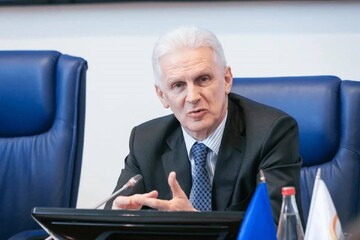
‘Moscow, Tehran to establish joint technological market’
TEHRAN – Lauding Iran’s achievements and progress in the technology sector, Russian Presidential Aide Andrei Fursenko has said that Russia and Iran intend to establish a joint market for technological products within a third country.
-
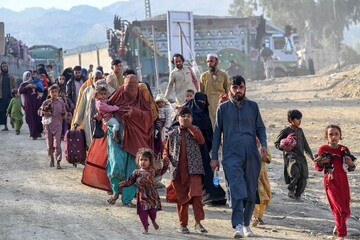
Nearly 450 Afghans return from Iran in one day
TEHRAN – Taliban authorities have said 449 Afghan refugees have been deported from Iran on Wednesday, February 18.
Tourism
-
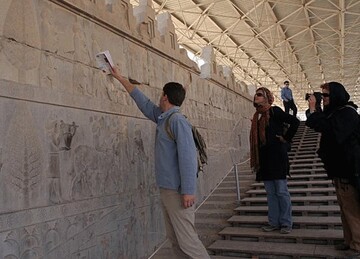
Iran tourism minister says tour guides shape country’s global image
TEHRAN – Iran’s Minister of Cultural Heritage, Tourism and Handicrafts, Seyyed Reza Salehi-Amiri, said on Saturday that tour guides play a central role in presenting the country’s culture and civilization to the world, marking International Tourist Guide Day on Feb. 21.
-

Iran is not like any other West Asian country, Turkish researcher says
TEHRAN -- Iran is not at all like any other country in the West Asia. People are very civil, calm, kind, and cultured. Even in the smallest villages, when they realize you are a foreigner, they treat you with complete respect.
-
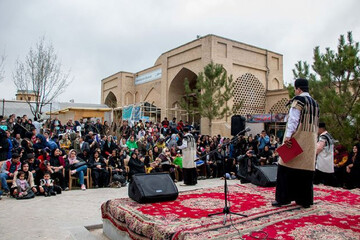
Nowruz a great opportunity to deepen Iranian-Islamic identity: minister
TEHRAN -- Nowruz 1405 (March 2026), which focuses on harmony and empathy and aims to rebuild social spirit, provides the ground for strengthening social capital and Iranian-Islamic identity. Nowruz is an opportunity to create solidarity and public joy.
International
-

Behind Huckabee’s remarks: The U.S. role in advancing the ‘Greater Israel’ vision
TEHRAN – When US Ambassador to Israel Mike Huckabee told conservative commentator Tucker Carlson that it would be “fine” if Israel took all the Middle East land—from the Nile in Egypt to the Euphrates in Iraq—he revealed more than personal opinion.
-
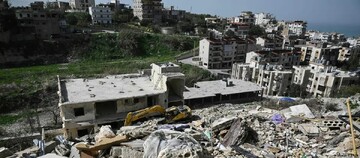
Blood in the Bekaa and Ain al-Hilweh: Who protects Lebanon’s sovereignty?
SOUTH LEBANON — The Israeli enemy has escalated its aggression against Lebanon, committing a massacre in the Bekaa Valley and launching a deadly strike on the Ain al-Hilweh refugee camp near Sidon.
-

Trump’s “Board of Peace” sparks UN fears
TEHRAN – Concerns are mounting that U.S. President Donald Trump’s new initiative for Gaza could sideline the United Nations and reshape global governance.
Most Viewed
-
A war US could start—but not control
-
Iran exists today because of its missiles, says former UN weapons inspector
-
Trump risking US lives and economy to fight a war for Israel
-
Iran’s warships become mobile air defense hubs with new missiles
-
The Western idea that change can be imposed from outside the Islamic Republic of Iran is an illusion
-
Iran and Egypt to promote diplomatic ties to level of ambassador
-
Iran’s missiles ensure survival — Scott Ritter on why the Islamic Republic stands strong
-
Iran will answer respect with respect, and force with force, Araghchi tells US media
-
Iran sends Dena destroyer to MILAN-2026 exercise in the Indian Ocean
-
Behind Huckabee’s remarks: The U.S. role in advancing the ‘Greater Israel’ vision
-
Iranian fighter jet crashes, pilot killed
-
Saudi Arabia to replace Israel with Syria in fibre-optic project, report says
-
Here’s how Iran sees the US
-
Iran FM asks for evidence as West repeats casualty lies to justify future aggression
-
Governance in the rubble: Why Hamas still holds Gaza





